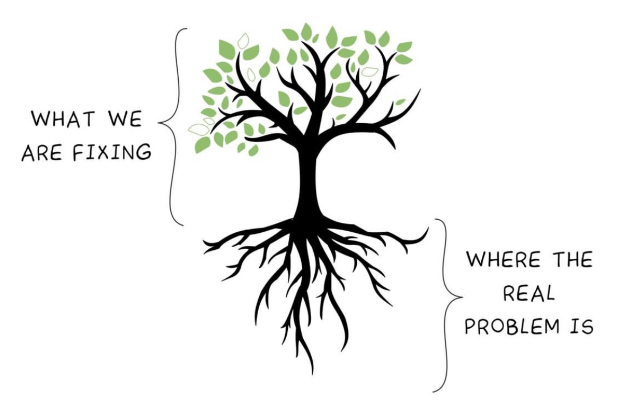How to develop a framework for high-achievement?
To develop a framework for high achievement you have to start by learning from your mistakes, using each one as a stepping stone for improvement. I think the cure for worry is continuous, persistent action toward your goals, as by clearly defining your targets you will create focused and effective plans that you can work on a daily basis. Prioritise the most critical tasks to ensure your efforts yield the best results, maintain your focus and concentrate on these important actions. Finally, decide in advance that no matter what obstacles arise, you will never give up, persisting until you succeed.
““Everyone is jealous of what you’ve got, no one is jealous of how you got it.””




















